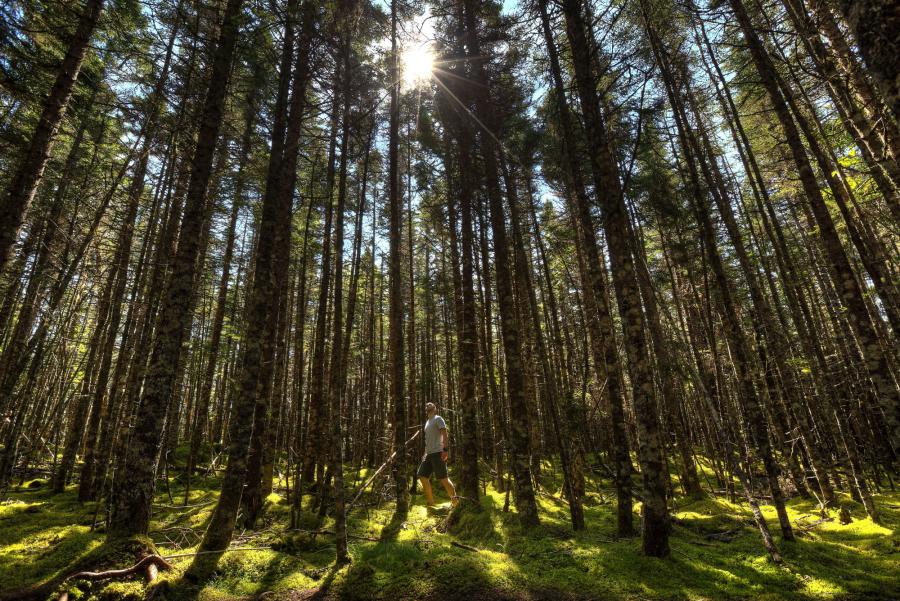
There’s no question about it, access to parks and green space has multiple significant health benefits. What is also remarkable is that this treatment does not require a prescription, has no side effects, is readily available and free. Nature truly is the best form of medicine.
1. Spending time in nature makes us happy

Various studies have shown that time in green space improves mental health. In 2009, a team of Dutch researchers found a lower incidence of depression and anxiety in people who lived within one half mile of green space. Access to green space also improves self esteem, decreases negative emotions, and has been shown to improve our satisfaction with our homes, our jobs and life in general.
2. Access to parks decreases our risk of death and disease

A large study by Richard Mitchell, an epidemiologist in Scotland, found that people who lived near parks lived longer and had fewer diseases than people who did not. Other studies have shown a decrease in the risk of heart disease and diabetes. In 2015, an international team studied responses to health questionnaires given to over 31,000 Toronto residents. Those living on blocks with more trees showed a boost in heart and metabolic health equivalent to what one would experience with a $20,000 increase in income.
3. Being in nature is good for your brain

Exposure to natural beauty elicits feelings of awe which in turn gives us a mental boost. Being in nature also allows our prefrontal cortex, the brain’s command centre, to dial down and rest which is restorative. Studies have shown people are more creative after spending time in nature. A 50-minute walk in an arboretum compared to walking along a city street can increase executive attention skills, including improved short-term memory.
4. Nature helps boost our immune system and decreases inflammation

Inflammation is a natural process when our body is exposed to threats, including exposure to pathogens (flu virus). However, when inflammation goes into overdrive it is linked to increased risk of autoimmune diseases, inflammatory bowel disease and possibly even cancer. Our immune system may be boosted secondary to the effect of phytoncides which are airborne chemicals emitted by plants.
5. Nature has the power to heal

A famous study looking at recovery rates of people who had gall bladder surgery showed that those with even a view of grass and trees from their hospital room recovered more quickly, spent less time in hospital, required less pain medication and had lower risk of complications than those without.
6. Walking in the woods is good for your physical well-being

The most cutting edge research on the nature-health link is happening in Japan where scientists are measuring the physical effects of “forest bathing,” known as shinrin-yoku. These effects include decreased blood pressure, heart rate and cortisol levels. In 2013 more than 10,000 Canadians participated in the David Suzuki Foundation 30X30 challenge: 30 minutes in nature for 30 days. Participants reported increased well-being and energy, improved sleep and decreased stress and negativity.
7. Spending time in nature makes us kinder

Korean researchers used functional MRIs to watch brain activity in people viewing different images. They found that people who observed urban scenes had increased blood flow to the amygdala which processes fear and anxiety. However, people who observed natural scenes had increased flow to the anterior cingulate and insula areas associated with empathy and altruism





